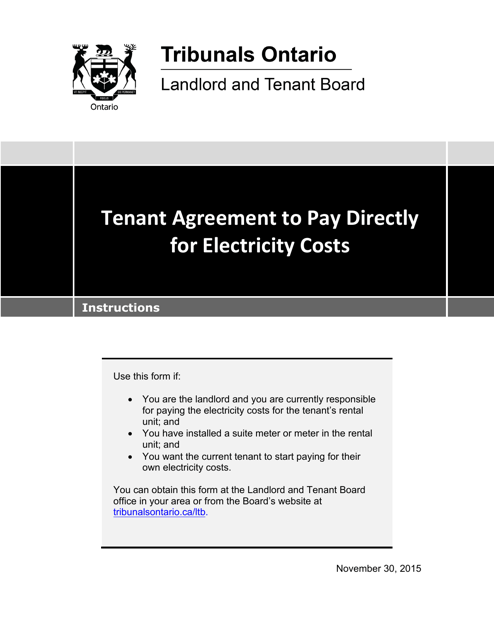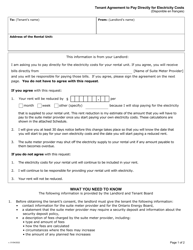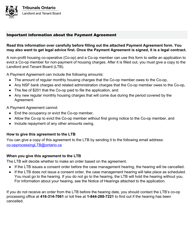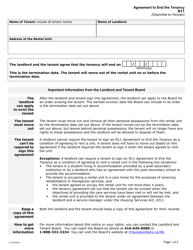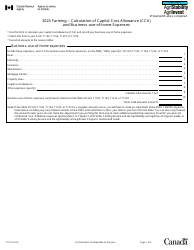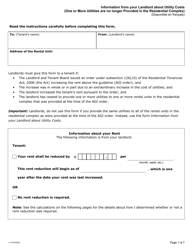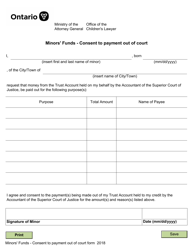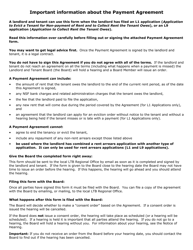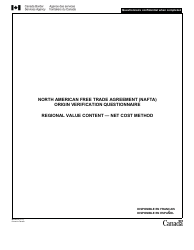Instructions for Tenant Agreement to Pay Directly for Electricity Costs - Ontario, Canada
The Instructions for Tenant Agreement to Pay Directly for Electricity Costs in Ontario, Canada provide guidelines for tenants on how to assume the responsibility of paying for their own electricity expenses.
In Ontario, Canada, the landlord files the instructions for the tenant agreement to pay directly for electricity costs.
FAQ
Q: What is a Tenant Agreement?
A: A Tenant Agreement is a legally binding contract between a landlord and a tenant that outlines the terms and conditions of the rental agreement.
Q: Why would a tenant pay directly for electricity costs?
A: In some cases, the landlord and tenant may agree that the tenant will be responsible for paying their own electricity costs, separate from the rent.
Q: Is it common for tenants to pay for their own electricity in Ontario, Canada?
A: It can be common in certain rental situations for tenants in Ontario, Canada to be responsible for paying their own electricity costs.
Q: What are the benefits for tenants paying for their own electricity?
A: By paying directly for their electricity, tenants have control over their usage and are able to monitor and manage their own energy costs.
Q: What should be included in a Tenant Agreement regarding electricity costs?
A: The agreement should clearly state that the tenant will be responsible for their own electricity costs and specify how the payments will be made and what steps will be taken if the tenant fails to pay the bills.
Q: Can a landlord still charge rent if the tenant pays for their own electricity?
A: Yes, even if the tenant is responsible for their own electricity costs, the landlord can still charge rent for the use of the property.
Q: Is it legal for a landlord to charge extra fees for electricity if the tenant pays directly?
A: No, landlords in Ontario, Canada cannot charge extra fees or markups for electricity costs if the tenant is paying directly.
Q: Can a landlord terminate a tenancy if the tenant fails to pay their electricity bill?
A: Yes, if the tenant fails to pay their electricity bill as agreed upon in the Tenant Agreement, the landlord may have grounds to terminate the tenancy.
